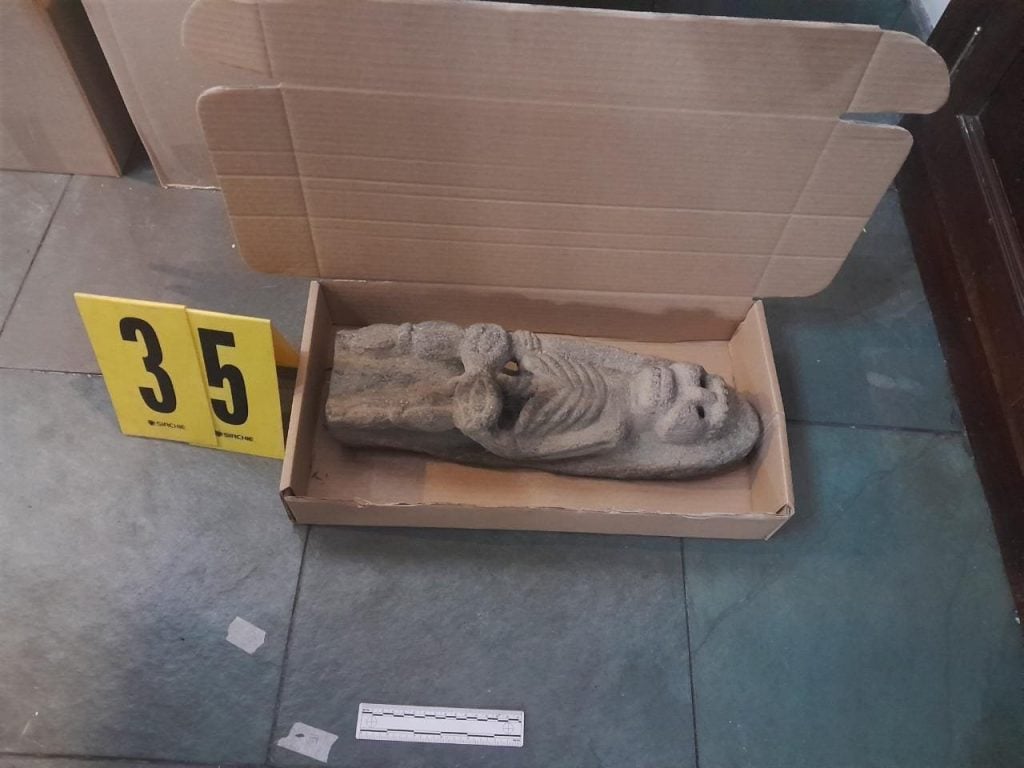

However, not all rock amendment products are alike. This explains why people throughout civilization have been willing to settle near volcanoes despite the potential dangers.īy releasing essential minerals and nutrients, rock deposits are essential to healthy plant growth and increased agricultural yields. Some of the richest, most fertile soil on the planet is found near active volcanoes. In some cases, agricultural farmlands that were downwind of the eruption saw long-term, beneficial effects as a result of the mineral-rich volcanic basalt that was deposited on the soil in the form of ash. Yet nature’s regenerative abilities quickly took over. It was difficult to imagine at the time that any signs of life could emerge from the surrounding landscape, which was covered with dark gray ash and resembled the moon. Helens awoke from 120 years of dormancy and erupted, sending volcanic ash into the atmosphere and depositing it in 11 states.

What is basalt and why is it good for my garden? The slow-release benefits of crushed volcanic basalt make it an effective way to minimize deficiencies, particularly with fast-growing crop plants that experience periods of rapid nutrient uptake. Yet savvy growers know that reliable plant growth and optimal yield depend on a balanced combination of nutrients, some of which are made available to plants quickly-and others that are made available over time.

As the byproduct of violent volcanic activity, basalt is not an amendment that indoor growers may associate with dependable crop production.


 0 kommentar(er)
0 kommentar(er)
